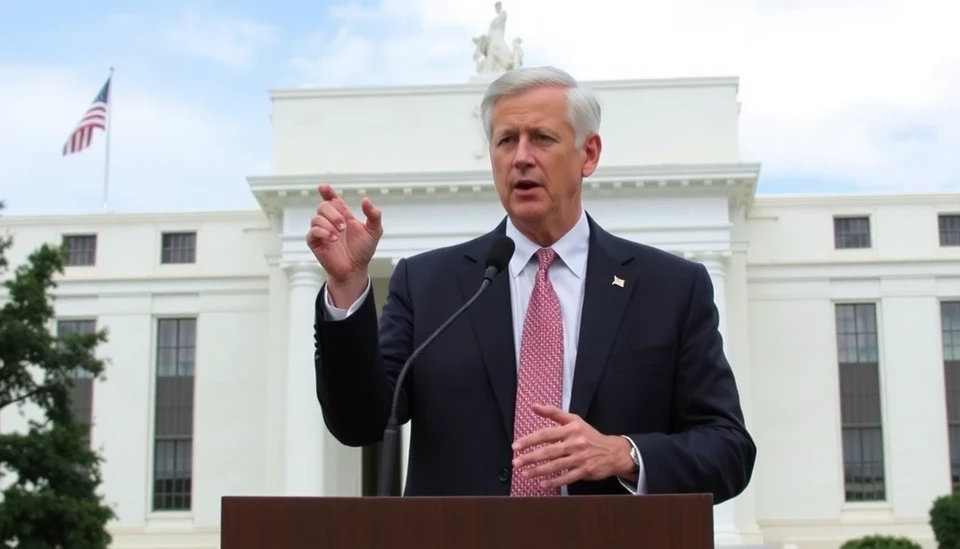
The latest inflation data reveals a positive trend for the Canadian economy, as inflation rates have eased to 1.9% in December. This significant decrease provides crucial backing for the Bank of Canada's cautious and dovish monetary policy stance, emphasizing a greater focus on sustaining economic growth rather than enacting further interest rate hikes.
This new inflation rate comes as a welcome update for policymakers and economists, as it continues a pattern of declining price pressures that has been observed in recent months. The Bank of Canada has maintained that they would prefer to keep current interest rates steady to support stronger economic activity, and these numbers appear to justify that approach.
Canadian consumers have also felt the impact of this easing inflation, with a broad range of goods and services witnessing moderated price increases. Key contributors to this trend include declines in energy prices and stabilization in food prices, both of which significantly affect the cost of living for average Canadians.
Furthermore, this data may provide the Bank of Canada with the necessary assurance that their previous rate hikes, designed to counteract inflationary pressures, were effective. As such, the central bank is likely to approach future monetary policy decisions with caution, recognizing that the economy is still in recovery and that increased rates could stifle growth.
The reaction from financial markets has been fairly muted, as investors digest the implications of the lower inflation figures. While there has been some speculation about potential future rate adjustments, the consensus seems to point towards a prolonged period of stability as opposed to immediate changes in policy.
Overall, the decline in inflation rates underscores a cooling economic environment, giving the Bank of Canada the leeway to prioritize growth and stability over swift monetary tightening. With economic indicators suggesting a complex recovery landscape, the central bank's cautious approach is deemed essential for navigating the ongoing challenges.
As the year progresses, both consumers and policymakers will be keeping a close eye on inflation trends and other economic indicators. The implications of these changes will significantly affect planning and decisions across various sectors, making it a critical time for financial strategy in Canada.
In conclusion, the drop in inflation to 1.9% certainly strengthens the Bank of Canada's dovish stance, revealing a commitment to fostering sustainable growth in an unpredictable economic climate.
#Inflation #CanadaEconomy #BankOfCanada #EconomicGrowth #FinancialNews
Author: Laura Mitchell




